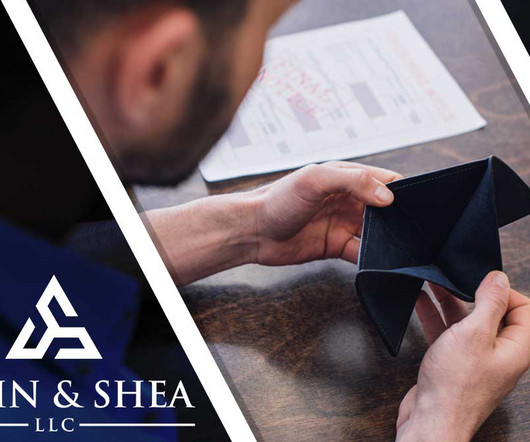Dealing With Debt From COVID-19
Debt Free Colorado
APRIL 9, 2020
While credit cards and other unsecured loans are almost always the most aggressive when it comes to collecting debts, they should generally be your lowest priority. If you own a home the consequences of a judgment against you are more significant as judgment creditors can place liens against your home.













Let's personalize your content